Remembering ‘Trailblazer’ Sisters of the 1960s
This February, as we celebrate Black History Month, it is important we recognize the contributions of Sisters Pat Haley and Julian Griffin, who were trailblazers in the Black Catholic community and have left an incredible legacy.
Sister Julian Griffin was the first African American member of the Vincentian Sisters of Charity, which later merged with the Sisters of Charity of Nazareth. She served in education and social work in Montgomery, Ala., and Savannah, Ga. She helped establish the Westside Comprehensive Health Center and founded the Black Catholic Council in Savannah and the Coastal Empire Center for Research.
Raised in a Baptist family, Sister Julian received a Catholic education from the Vincentian Sisters of Charity at Mother Mary Mission in Phenix City, Ala. She converted to Catholicism when she was 15.
Sister Julian is remembered as a kind, fun and loving visionary, and her call to faith was and still is an inspiration to many. At St. Benedict the Moor Church in Columbus, Ga., the site of Sister Julian’s profession of perpetual vows, she is remembered in stained glass in the church foyer near the choir.
While Sister Julian entered the Vincentian Sisters of Charity in 1962, Sister Pat Haley was the first African American postulant of the Sisters of Charity of Nazareth, entering a short time later.
Sister Pat met the Sisters of Charity of Nazareth while attending Holy Family High School in Ensley, Ala. She entered the Congregation, made vows in 1966, and graduated from Nazareth College with elementary education and sociology degrees. She later pursued graduate studies in governmental administration and city planning at the University of Louisville.
“It took a lot of courage to enter the novitiate here at the Sisters of Charity of Nazareth, an all-white congregation,” commented Theresa Knable, SCN, when she shared about Sister Pat’s life amid her passing. Sister Theresa recalled how each day at lunch, Sister Pat would join the Black employees at Nazareth to talk with them about church and current events.
“She was brave enough to speak her truth to leadership when she saw practices that were discriminatory,” Sister Theresa said.
Sister Pat ministered in Philadelphia, New Orleans, Florida and Kentucky, where she was the first African American Sister to serve in the Archdiocese of Louisville. She was instrumental in forming the Louisville Archdiocese’s Office for Black Catholics, which later became the Office of Multicultural Ministry. In New Orleans, Sister Pat was among the first teachers at the Institute of Black Catholic Studies and coordinator of the Spiritual Enrichment Program, influencing the lives of many young Black religious. In Florida, she worked as coordinator of the Black Catholic Ministry with the Diocese of St. Petersburg, as a teacher and in prison ministry at a juvenile detention center.
Both Sisters were among the founding mothers of the National Black Sisters Conference, an organization bringing together Black Catholic women religious and associates. According to its website, the NBSC set out to “Form a strong and cohesive voice in support of the dignity and rights of women of color, in creating mentoring and support systems for Black women in religious formation, in educating the African American family, and in confronting the sin of racism, which continues to permeate our society and Church as we work tirelessly for the liberation of African American people.”
The Sisters attended the NBSC’s first meeting in the summer of 1968 and went on to serve on the executive board. Sister Pat was later elected the conference president, and she long advocated for the vocation of more Black women in the United States.
Sister Pat and Sister Julian were accepted and loved by many Sisters in their community, but even they were not immune to the racial discrimination of the time. As a senior student in May 1963, Sister Pat became very active in the Civil Rights movement in the south. As student council president, she organized her classmates for non-violent demonstrations against segregation. While participating in the Birmingham youth marches, she and several other students were arrested and jailed as they advocated for their rights.
On one occasion, Sister Julian was with fellow Sisters traveling to Georgia for her vows when the group was denied service at a gas station when the attendant saw the Black Sister and her family. With only enough gas to reach the next station, Sister Julian and her family hid under blankets on the floor of the bus so the group could purchase gas to make it safely to their destination.
Even among religious communities, the young Sisters experienced prejudice. In a 2016 interview, Sister Depaul Zluky, who was among those who had traveled with Sister Julian and her family for vows, shared how Sister Julian was denied places to stay while missioned in Savannah. Fortunately, she was taken in by a group of Irish Sisters after they learned she was staying alone in an apartment because others would not welcome her.
Despite such hardships, the two Sisters were dedicated to their faith and communities. They improved life for future generations in their various ministries and work throughout the years, and they remained committed to their calling. While they have since passed, they left a lasting impact as powerful voices of the Black Catholic movement of the 1960s and 70s.
Kacie Emmerson
Source: https://nazareth.org/
Tags:

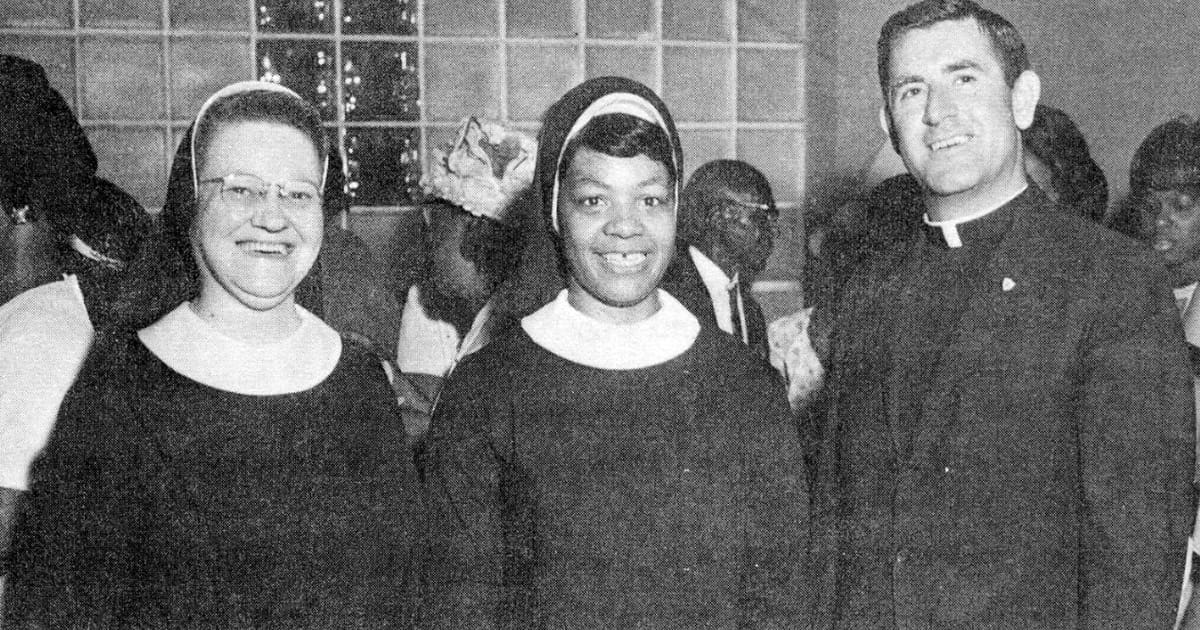

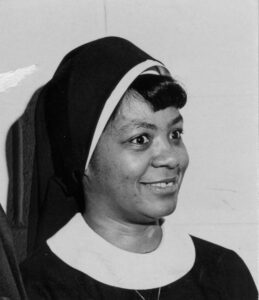
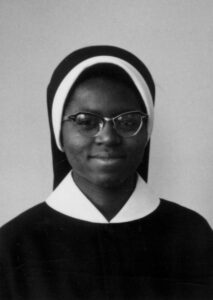
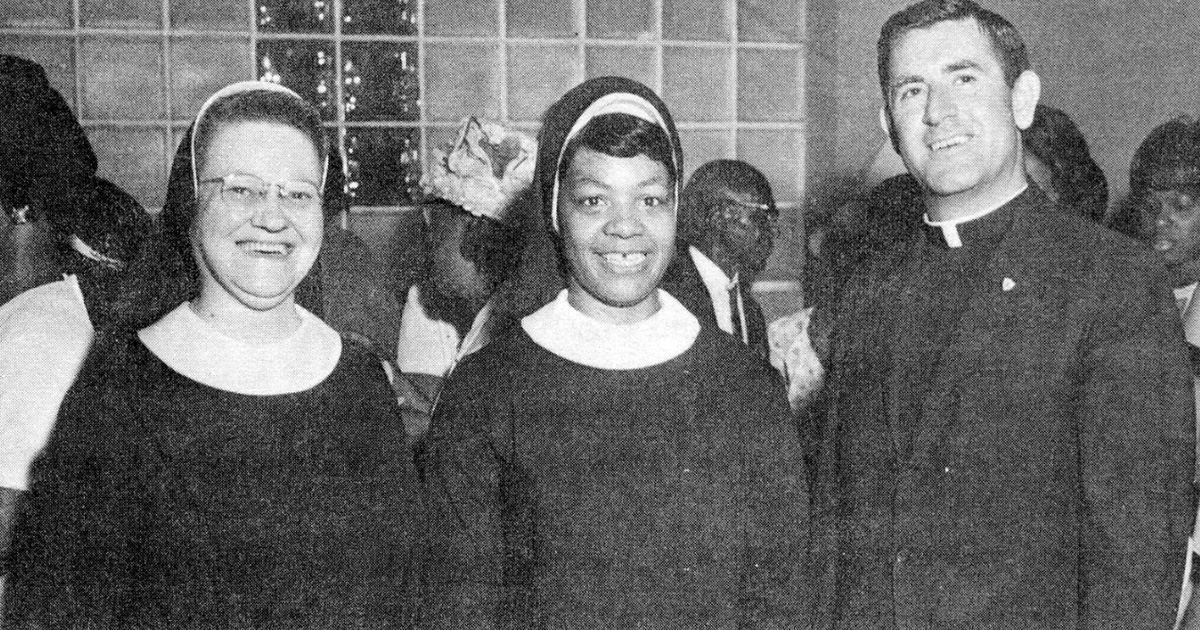
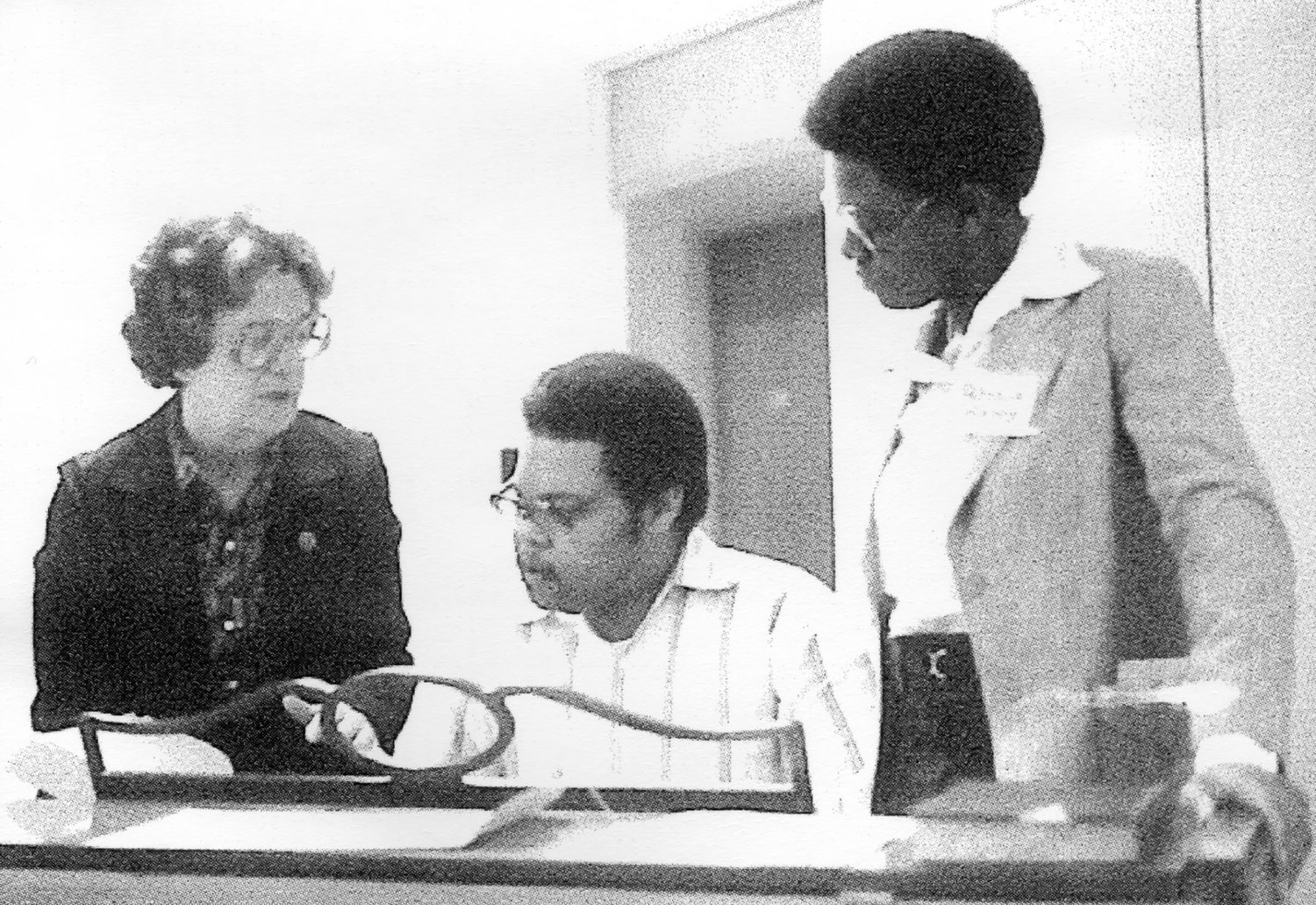




The Holy spirit will always strengthen us to do what we love doing under any circumstances. Thanks for the information.
Greetings from Gaborone, Botswana, to you all.